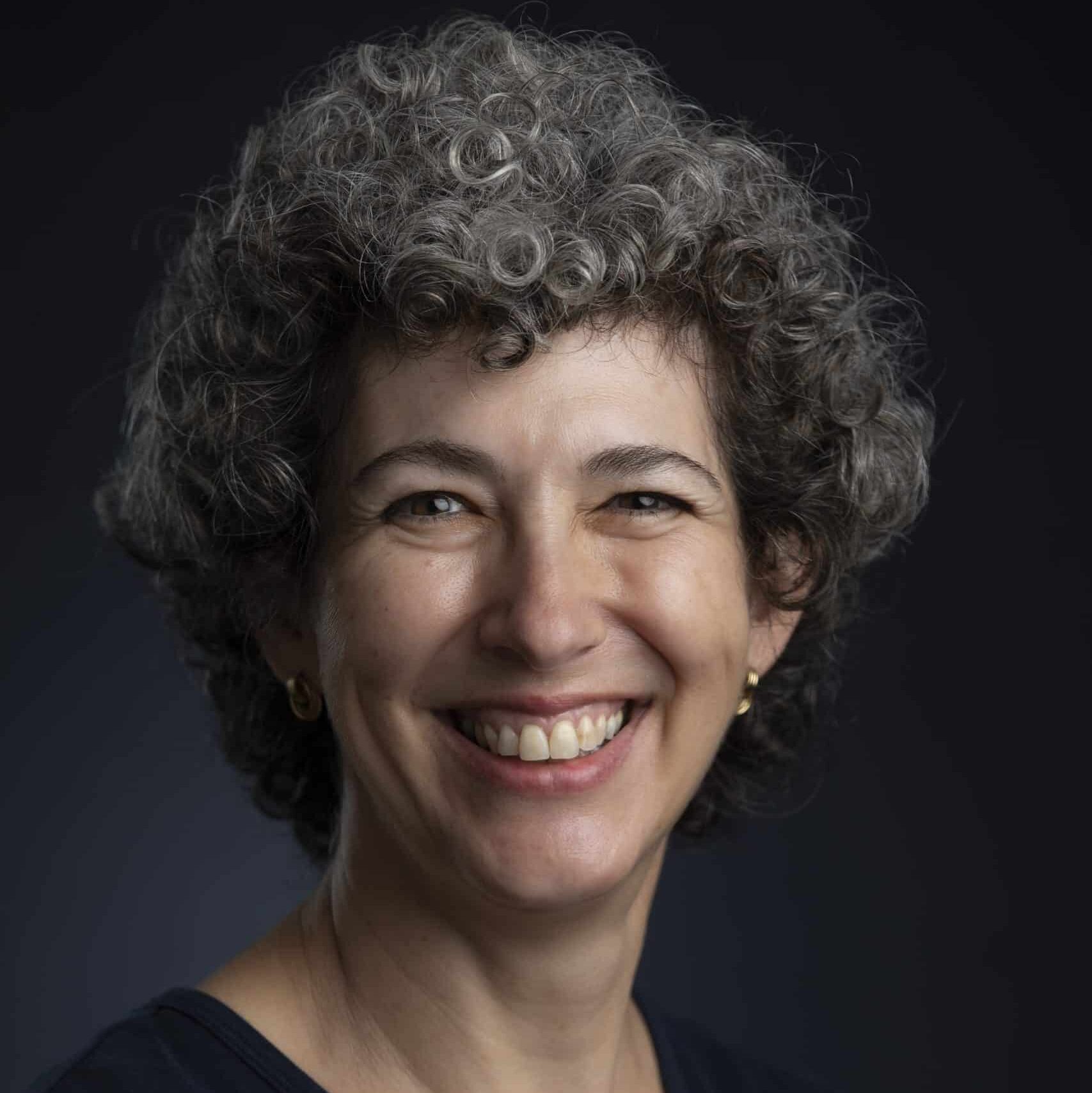Parashat Vayera Study Guide
Text: Bereshit 18:1-15
1 Then the LORD appeared to him… 2 So he lifted his eyes and looked, and behold, three men were standing by him… 9 And they said to him, “Where is Sarah your wife?” and he said, “Here, in the tent.” 10 And he said, “I will surely return to you at this very season and behold, there will be a son to Sarah your wife,” and Sarah was listening in the tent opening which was behind him. 11 And Avraham and Sarah were old, advanced in years; Sarah no longer had the way of women. 12 And Sarah laughed within herself, saying, “After I have become worn-out, shall I have pleasure, and my lord being old?” 13 And the LORD said to Avraham, “Why did Sarah laugh, saying, ‘Shall I really give birth being that I am old?’ 14 Is anything too wonderous for the LORD? At the appointed time I will return to you, at this very season, and Sarah shall have a son.” 15 And Sarah denied, saying, “I did not laugh,” for she was afraid. And He said, “No, for you did laugh.”
- Laughter has many meanings (and hence it’s various names). What kind of laugh do you think that Sarah laughed?
- Why do you think that God turns to Avraham regarding Sarah’s reaction?
- God (Genesis 18:13) does not quote exactly what Sarah said. Why?
- Why does God insist that Sarah laughed? What is the significance of this laughter?
Commentary: Chizkuni Bereshit 18:12
A brief introduction: Tradition has it that the angels arrived at Pesach (Passover) time of the year, promising that in a year a child will be born. The Talmud shares that on Rosh HaShanah (beginning of Tishrei) Sarah conceived.
And Sarah laughed – When Tishrei arrived after the announcement of the angels and she saw herself that she had not conceived, she despaired of the announcement, for she knew that she had only six months left until Pesach. She did not believe like Avraham, for Avraham was told directly from the Holy One blessed be He, so he believed, but Sarah heard only from the angels, and she thought that they were people; so she would look at her belly and say: Is it possible that this belly could be filled with child? At that time in Tishrei “the LORD said to Avraham, “Why did Sarah laugh…”
- What kind of laughter is Sarah laughing according to Hizkuni’s reading?
- When God told Avraham that Sarah would give birth (Genesis 17:17) he laughed. How was his experience different than Sarah’s, and what kind of laughter did he laugh?
- According to Hizkuni, when did Sarah laugh? How does this effect your understanding of Sarah’s laughter and God’s response?
See more: Parashat Vayera
Originally posted as part of the Conservative Yeshiva at the Fuchsberg Jerusalem Center’s Torah Sparks. Support Torah learning from the Fuchsberg Jerusalem Center/Conservative Yeshiva for leaders and seekers around the world here.
Authors
-

Vered Hollander-Goldfarb teaches Tanach and Medieval Commentators at the Conservative Yeshiva and is a regular contributor to Torah Sparks, FJC’s weekly message on the weekly Torah portion. She received her M.A. in Judaic Studies and Tanach from the Bernard Revel Graduate School of Yeshiva University and studied at Bar-Ilan University and the Jewish Theological Seminary. Before making aliyah, Vered taught at Ramaz School and Stern College in New York.
-



The Fuchsberg Jerusalem Center (FJC) is a home in the heart of Jerusalem where leaders and seekers can find an authentic place in Jewish tradition to call their own. FJC offers opportunities to study, pray and explore within an egalitarian and inclusive setting, creating multiple pathways for finding personal and communal meaning.




